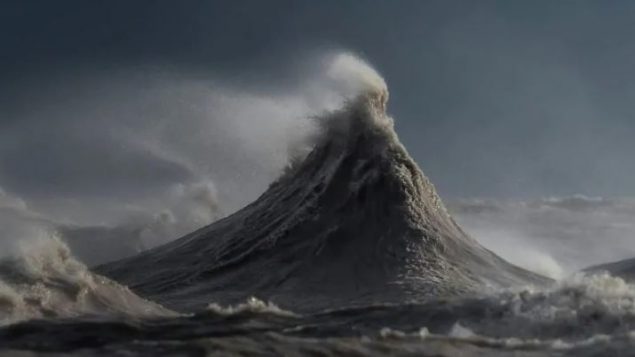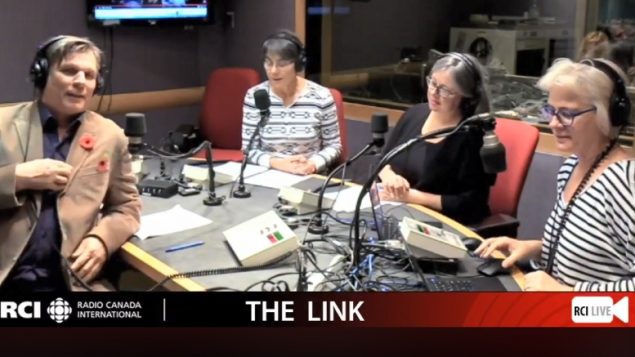Your hosts. Lynn, Carmel, Marie-Claude and Marc (Video of show at bottom)
ListenCyber threats to Canadian elections

Online posts designed to provoke emotional reactions and to amplify them are a specialty of hackers, warn security experts. (iStock)
There has been much talk of alleged cyber interference in the U.S general election, and now there are concerns something similar might happen in Canada. This country is approaching its general election which will occur next year. Because the federal election in Canada is still conducted by paper ballot- as indeed is the vast majority of political voting at all levels here- there is less of a threat of tampering.
However, influencing and manipulating public opinion through social media via fake accounts, is a concern..
Lynn spoke to Aleksander Essex, an assistant professor of software engineering at Western University
Fake news, and now fake fact-checking

We’ve all heard of the concept of fake news, but now there are fake “fact-checking” sites to confuse people about the truth. (Shutterstock)
It used to be called false or misleading information, but now it’s been reduced to the more simplistic “fake news”. That’s one thing, and was countered to some extent by the rise of fact-checking sites. However, it may not come as a surprise given the nature of the internet, that there have been fake fact checking sites that have sprung up. Some of these support the false news with supposedly factual information, others attack the real news, and even attack the real fact checking sites.
In some cases its for money- through website clicks- but in others its a deliberate attempt to sow confusion.
Marc spoke to Ramona Pringle. She is a technology columnist, an associate professor in the RTA School of Media, and director of the Innovation Studio both at Ryerson University in Toronto.
Great Lakes drowning numbers increase

Lake Erie, one of the Great Lakes seen churning here in a photo taken during a storm. (Dave Sandford/Dave Sandford Photography/CBC)
The Great Lakes Surf Rescue Project came into being in 2010.
They say the drownings are up by 14 people from last year, and unfamiliarity with the Lakes cold water is partly responsible.
Carmel spoke to Bob Pratt, a former firefighter and paramedic. He is the Executive Director of Education for the Great Lakes Surf Rescue Project. He says knowing how to swim in a calm and small pool is quite different from swimming in the huge lake with waves and currents.
Video of show







For reasons beyond our control, and for an undetermined period of time, our comment section is now closed. However, our social networks remain open to your contributions.